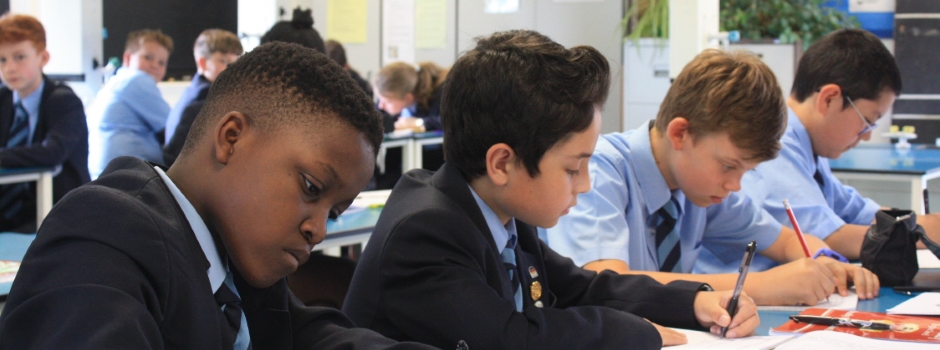



















































Healthy Schools
The Healthy Schools Programme is a joint initiative between DCSF and Department of Health - which promotes a whole school / whole child approach to health.
Healthy Schools is intended to deliver real benefits in respect of:
- Improvement in health and reduced health inequalities;
- Raised pupil achievement;
- More social inclusion and
- Closer working between health promotion providers and education establishments
The programme is broken down into 4 core themes to include:
Personal, Social and Health Education (PSHE)
PSHE contributes significantly to all five national outcomes of the Every Child Matters Agenda: being healthy, staying safe, enjoying and achieving, making a positive contribution and economic wellbeing. Whilst PSHE is delivered more formally through the schools tutorial system, it is evident across all subject areas and extra curricular activities such as Drama and Sports Clubs. It provides children and young people with the knowledge, understanding, skills and attitudes to make informed decisions about their lives.
Healthy Eating
Healthy eating contributes significantly to the being healthy national outcome for children and young people. Children and young people have the confidence, skills, knowledge and understanding to make healthy food choices. Healthy and nutritious food and drink is available across the school day.
Physical Activity
Physical activity contributes significantly to the ‘being healthy’ national outcome for children. Children/young people are provided with a range of opportunities to be physically active. They understand how physical activity can help them to be more healthy, and how physical activity can improve and be a part of their every day life.
Emotional wellbeing
Emotional health and wellbeing contributes significantly to all five national outcomes for children and young people: being healthy, staying safe, enjoying and achieving, making a positive contribution and economic wellbeing. The promotion of positive emotional health and wellbeing helps children and young people to understand and express their feelings, build their confidence and emotional resilience, and therefore their capacity to learn.
Why get involved?
There are direct links between the criteria for the National Healthy School Status and the five Every Child Matters outcomes;
- Be healthy
- Stay safe
- Enjoy and achieve through learning
- Make a positive contribution to society
- Achieve economic well-being
What are we doing now?
We are currently working towards 2 different awards.
The first is a School Council Award which acknowledges the significant contributions pupils make at QEGS. We are currently working towards the first of the three awards; Bronze, Silver and Gold. Please see the School Council Awards link to the right to read the criteria.
The second is an award based on Food for Life. This award predominantly focuses on the Food strand of Healthy Schools, using criteria to raise standards across the board. Some of the areas focussed on are as follows:
- Food education entitlement
- Increasing awareness
- Using as much organic food and local suppliers
- Creating links with external organisations
Please see link to the right (Food for Life) to follow our progress and a more detailed outline of the criteria.
External agencies/businesses
If you are an external agency/business that would like to get involved with potential projects to help us achieve our aims and objectives, please click here, to contact us with further information.

